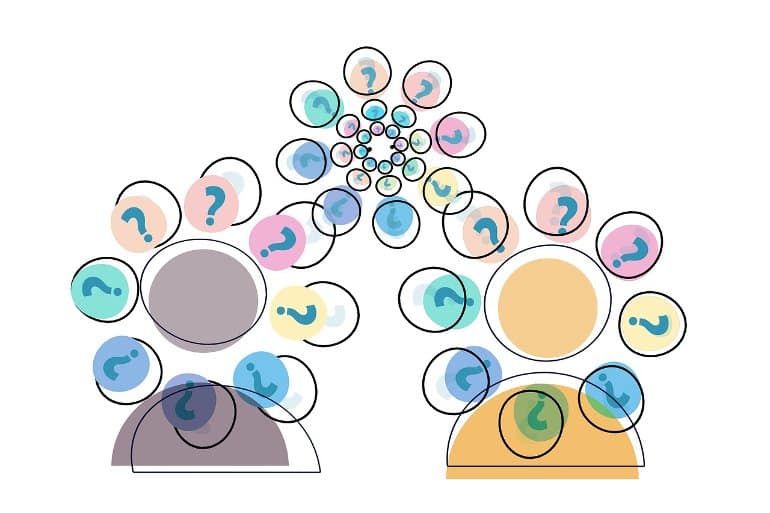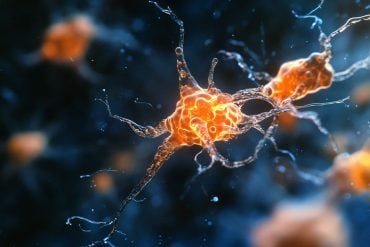Summary: Study examines why conspiracy theories and psychiatric disorders historically tend to peak during periods of social crisis and stress.
Source: Wageningen University
Stress increases the rigidity of the beliefs underlying psychiatric disorders, prejudices and conspiracy theories. Therefore measures aimed at reducing social stress—a basic income or better job protection—could be the most effective approach for tackling problems such as depression, psychosis, discrimination and conspiracy theories.
That is the message of a new publication in the reputable scientific journal PNAS, with Wageningen’s professor Marten Scheffer as the lead author.
Scheffer and his co-authors—the Leiden neurobiologist Sander Nieuwenhuis, University of Amsterdam psychology professor Denny Borsboom and Canadian social scientist Frances Westley—describe recent findings in their fields that demonstrate how stressful circumstances can make harmful beliefs more rigid.
These insights explain why conspiracy theories and psychiatric disorders tend historically to peak during periods of crisis, in other word when there is a lot of social stress.

Scheffer says the findings have far-reaching implications. “If we want to combat psychiatric disorders, prejudices and conspiracy theories, we need to reduce the social stress that is associated with uncertainty about such essential factors as work and income.”
Ineffectual facts
That is very different to countering with facts, the usual reflex when trying to persuade people to change their beliefs. As the publication stresses, facts are ineffectual in changing false beliefs.
“Letting an anorexia patient look in the mirror or providing proof that the US presidential election was not stolen has surprisingly little effect.”
About this stress research news
Author: Press Office
Source: Wageningen University
Contact: Press Office – Wageningen University
Image: The image is in the public domain
Original Research: Closed access.
“Belief traps: Tackling the inertia of harmful beliefs” by Marten Scheffer et al. PNAS
Abstract
Belief traps: Tackling the inertia of harmful beliefs
Beliefs can be highly resilient in the sense that they are not easily abandoned in the face of counterevidence. This has the advantage of guiding consistent behavior and judgments but may also have destructive consequences for individuals, nature, and society. For instance, pathological beliefs can sustain psychiatric disorders, the belief that rhinoceros horn is an aphrodisiac may drive a species extinct, beliefs about gender or race may fuel discrimination, and belief in conspiracy theories can undermine democracy.
Here, we present a unifying framework of how self-amplifying feedbacks shape the inertia of beliefs on levels ranging from neuronal networks to social systems.
Sustained exposure to counterevidence can destabilize rigid beliefs but requires organized rational override as in cognitive behavioral therapy for pathological beliefs or institutional control of discrimination to reduce racial biases.
Black-and-white thinking is a major risk factor for the formation of resilient beliefs associated with psychiatric disorders as well as prejudices and conspiracy thinking. Such dichotomous thinking is characteristic of a lack of cognitive resources, which may be exacerbated by stress. This could help explain why conspiracy thinking and psychiatric disorders tend to peak during crises.
A corollary is that addressing social factors such as poverty, social cleavage, and lack of education may be the most effective way to prevent the emergence of rigid beliefs, and thus of problems ranging from psychiatric disorders to prejudices, conspiracy theories, and posttruth politics.






